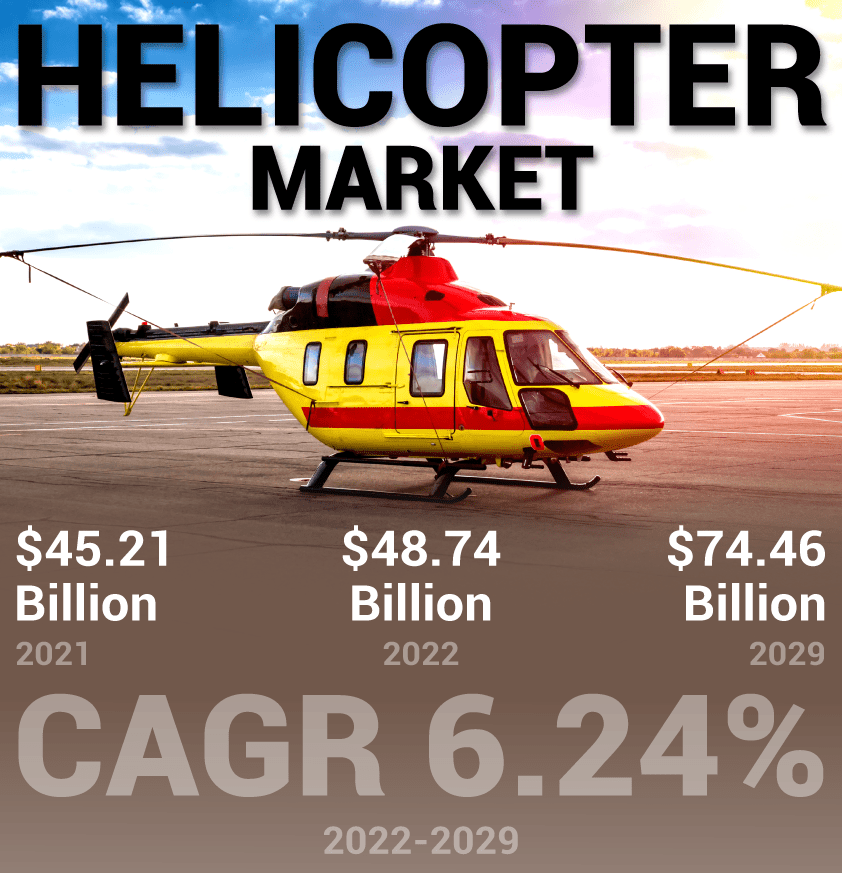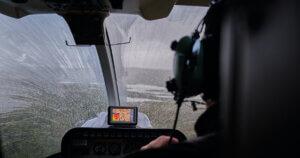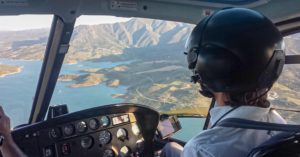The helicopter industry took off during the Vietnam War, which means that pilots from that era and the years after are retiring. Currently, there are more pilots retiring than entering the industry, thus creating a huge demand in the industry that is not being filled. There are simply not enough pilots to fill these vacancies.
Helicopters are used in new industries every year. When helicopters were invented, there were not many uses for them. Now, however, helicopters are used all over the world and in almost every industry including medical, entertainment, utility, corporate and service. As new types of helicopter jobs are created, the number of jobs available increases and so does the shortage.
The helicopter industry is not alone in facing a shortage. In fact, it is estimated that with respect to commercial airlines it will have a shortage of 743,000 pilots by 2038. To help with their own shortage, airlines have recently been hiring helicopter pilots, training them in fixed wing and having them switch careers. This hurts the helicopter industry but helps the airline industry globally.
Enumerating the effects that this shortage can generate, we should certainly highlight that this lack of pilots is bad for the industry in general, but on the contrary it can be good for new pilots entering the industry or for those who are already working as pilots.
Because there is a high demand for pilots, there will be plenty of jobs available and working conditions can only improve over the next few years to retain the human capital that is so necessary at this time. If you are a qualified and experienced helicopter pilot, you are likely to have a good job in the next few years.
As more industries begin to use helicopters, there will be more options when you have to choose what type of job as a pilot you want.
As the pilot shortage increases, the required flight hours, ratings and various requirements will have to adapt, which will probably make it easier to find a job with good conditions sooner.
One obvious solution to the pilot shortage is to train more pilots. The more pilots that are trained, the less impact this situation will have on the industry. This is much easier to write than to do, so the full support of the authorities and various agencies to facilitate the continued training of professional pilots will be essential.
For a single person to be trained and qualified as a helicopter pilot requires a lot of time, money and dedication on the part of both the student and the flight school to train the best professionals.




